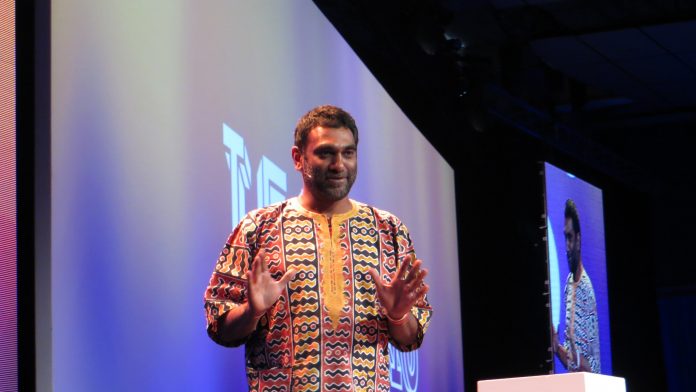What’s it like to work for Amnesty International? A review into workplace culture, commissioned after two staff members killed themselves last year, found a dangerous “us versus them” dynamic, and a severe lack of trust in senior management, which threatened Amnesty’s credibility as a human rights champion.
It added: “As organisational rifts and evidence of nepotism and hypocrisy become public knowledge they will be used by government and other opponents of Amnesty’s work to undercut or dismiss Amnesty’s advocacy around the world, fundamentally jeopardising the organisation’s mission.”
As reported by the Guardian, the report, undertaken by the KonTerra Group and led by psychologists, to look into lessons learned following the suicides in 2018, found bullying and public humiliation were routinely used by management.
“There were multiple reports of managers belittling staff in meetings, deliberately excluding certain staff from reporting, or making demeaning, menacing comments like: ‘You’re shit!’ or: ‘You should quit! If you stay in this position, your life will be a misery,’” it said.
The consultants, who focused on Amnesty’s international secretariat, based in London, found it to be largely operating in a “state of emergency” following a restructuring process to decentralise and move staff closer to the ground in places of civil unrest and conflict.
Many staff at Amnesty described their employment as a vocation or life cause and said there had a “significant risk of experiencing secondary stress or vicarious trauma” due to the nature of the work.
But, the report found, the “lion’s share” of wellbeing issues were not isolated to exposure to trauma or suffering. Instead, the adversarial culture, failures in management and pressures of workload were among the most significant contributors to wellbeing issues.
The review was based on a survey of 475 staff, 70% of the workforce of Amnesty’s international secretariat, and on scores of interviews. Some experienced “significant distress” during the process, it said.
Kumi Naidoo, Amnesty’s secretary-general, said the review was a difficult and profoundly troubling read. In a statement, he said he would bring forward a reform plan by the end of March.

